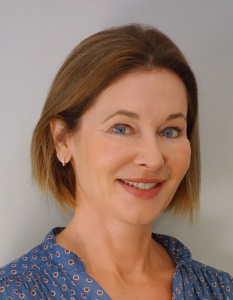It's part of being human to seek out interactions and relationships with others - to share, to be joyous with and to offer reciprocal support, care and love.
However, when we believe we cannot survive without a certain relationship or person, unhealthy and addictive patterns emerge. We are what's referred to in therapeutic terms "co-dependent".
We will do anything to hold onto a particular relationship - ignoring unacceptable behaviours, distancing ourselves from family and friends, losing our moral compass and often risking our health. The relationship/person is the centre of our lives and becomes an obsession. We lose sight of who we are.
Co-dependent relationships can be between family members, friends or romantic partners the latter being known as the love addict . The co-dependent person will put another's needs before their own and their self-esteem and self-worth will come from this sacrifice. They are often in denial and justify their actions as being caring and loving. The pay-off is not having to look at their own pain and unresolved trauma.
In love addicted relationships the dependency on another can run so deep that the thought of living without that person can seem impossible. The co-dependent/love addicts greatest fear is abandonment. They will hang on at all costs.
Common statements are: "I need him/her", "He/She needs me", "I'm nothing without him/her", "I know he/she is the "one"', "When I'm with him/her I feel alive" ...
There is a hope and belief that things will change or that we can control them: "If I do this then he/she will ...", "This time will be different", "If only ..."
Often the co-dependent/love addict will be living in a fantasy of what the relationship is or could be.
Sometimes reaching a place of not being "able to live with or without" the person/relationship can be the catalyst to seek outside help. Like any addiction a "rock bottom" and admission of defeat is a first step towards recovery. This can be very frightening if our lives have "depended" on this person and can be bewildering and painful. However, often surrendering and giving up the need to control can be a relief and with the right support we can take charge of our lives which is ultimately freeing and exciting.
We first need to develop a healthy relationship with ourselves in order to be able to have healthy relationships with others.
Moving away from co-dependent behaviour and bringing the focus back to ourselves begins the process of healing. We are now "rescuing" ourselves. We can learn what our boundaries are and how to maintain them without guilt or "giving in".
Understanding that we are ultimately powerless over other people and that we need to take responsibility for our own well-being is where the therapeutic work lies.
Shauna Corke is a verified welldoing.org therapist in EC4, London

